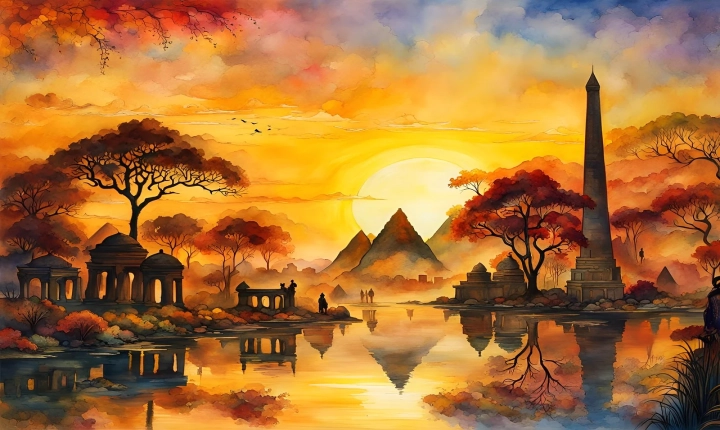Title: Is ChatGPT Original Content Creation the Future of Writing?
In recent years, Artificial Intelligence (AI) has played a significant role in reshaping various industries. With the advancements in language generation models, AI has also entered the world of content creation and writing. One of the most notable examples of AI-driven content creation is ChatGPT, a language generation model developed by OpenAI. This technology has raised important questions about the future of original content creation and its impact on the writing industry.
ChatGPT, and similar AI models, are designed to analyze large datasets of human-generated text and learn the patterns and structures of language. It then uses this knowledge to generate human-like responses to prompts, leading to seemingly original content creation. While this has incredible potential for automating repetitive writing tasks and accelerating content production, it also raises concerns about the originality and authenticity of the content.
One of the key debates surrounding AI-generated content is whether it can be considered truly original. Critics argue that since the language model is trained on existing text, the content it produces is not entirely new but rather a recombination of existing information. In contrast, proponents argue that AI-generated content can still be considered original, as the model synthesizes and interprets information in new and creative ways.
The rise of AI-generated content also prompts questions about the impact on the writing industry and the role of human writers. Some fear that AI models like ChatGPT could replace human writers, leading to widespread job displacement. On the other hand, proponents argue that AI can free up human writers from repetitive tasks, allowing them to focus on more creative and strategic aspects of content creation.
Moreover, the use of AI-generated content raises ethical concerns, particularly in fields such as journalism and academic writing. Ensuring the accuracy, credibility, and adherence to ethical standards is essential to maintaining trust and transparency in the content creation process.
While the debate over the originality and impact of AI-generated content continues, it is clear that this technology has the potential to transform the writing industry. It offers opportunities to streamline content creation, improve efficiency, and open up new possibilities for creativity.
As the technology advances, it is essential for organizations and writers to embrace AI as a tool for content creation while maintaining a critical eye on the ethical and originality implications. By striking a balance between the capabilities of AI and the unique creativity of human writers, the future of writing can be shaped with innovation and authenticity.
